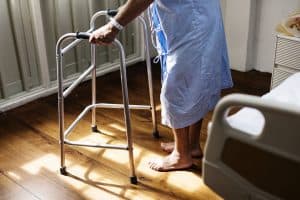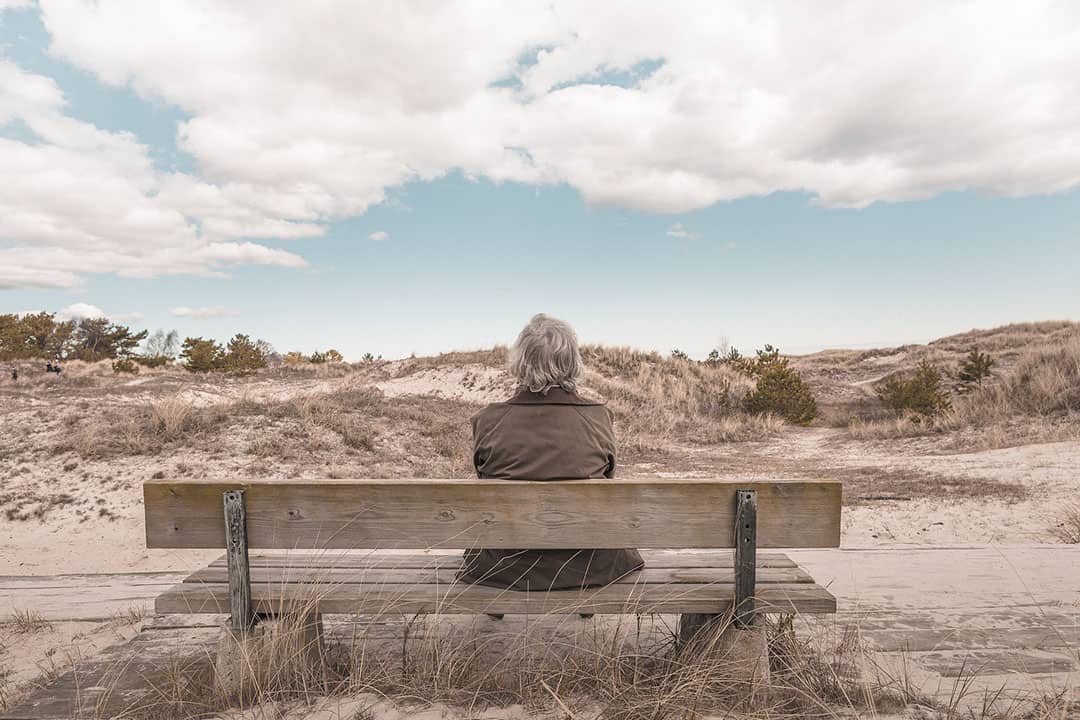Loneliness and the elderly
As humans, we are social creatures, and have the need to connect and have physical contact with others for our survival but also our wellbeing. So the effects of loneliness on our mental health can be detrimental. It can cause depression, heart problems, impaired learning and even premature death. It can also increase the number of stress hormones in our bodies and affect our quality and quantity of sleep. Research has been done that shows that social isolation can affect the activation of dopaminergic and serotonergic neurons, which are key for our emotional well-being. (Matthews et al).
We don’t usually think that an ‘emotion’ could cause such damage to us, but because of the need to connect, loneliness is our body’s trigger to alert us that we could be in danger of the aforementioned issues. Therefore if we start to find ourselves lonely, we are usually then motivated by the discomfort we feel to then search out interaction and connection.
However it is not always easy for everyone to find the company and connection they seek out.

As loneliness can increase with age, a large part of our older generation can find themselves lonely and there are times when they can look around, see no one there and go a whole day without speaking a single word and with no one to talk to. There have been devastating incidents of elderly people dying without anyone being aware. For many of us this is unimaginable and yet this a large part of our society’s experience and we need to address it.
So why are we so disconnected from our elderly community?
There is the feeling of loneliness and actual social isolation. Most of us have relationships and are part of larger communities and we can still ‘feel’ alone. But for the elderly, social isolation can become a real issue and increase as many retire, have children who are building careers and families sometimes away from their ageing parents, spouses who have passed away, mobility and health issues among other circumstances.
Often we take the blessings of having spouses, children, friends, and communities for granted and we forget that all these are blessings from Allah SWT and are to be appreciated.

Islam enjoins that we should care for the elderly, by giving a great status to parents for example and encouraging excellent manners towards them especially in their later years. Last week we mentioned how our parents also have rights over us, and it is not just elderly parents that are mentioned, but Islam recognises the more vulnerable members of society through the example of the Prophet (ﷺ)’s sayings and actions.
Due to the society in which we live in, many of us ‘connect’ via social media and for the younger generation this is their new normal but for those from an older generation, talking on the phone or texting can feel completely disconnected with many finding themselves longing for the warmth of another person’s presence and for ‘real’ solid company – true connection that we can never realistically achieve through our phones and social media.
With automated systems and robotic voices giving us options and redirecting us to online services, many of us yearn to just have a real conversation, so we can see how beneficial it would be to visit our elderly, to converse with them, to make them feel connected and part of the wider community and remind them that they have not been forgotten.

There are so many ways we can do this and research has also shown how much the elderly benefit from interaction with young children, it can actually improve their mental and physical health, and many preschools are now collaborating with old age homes to bring joy not just to the elderly inhabitants but also to benefit the young children and teach them early how wonderful it is to care for our elderly as well as how much wisdom and love we have to gain from them.
If you have an elderly neighbour, check in on them, ask them if they need help but more than that, offer them some company.
When planning events, we often aim them at younger audiences, but how many events do we cater for the elderly in our communities?
Can you think of a great way to alleviate the loneliness in the elderly community?




